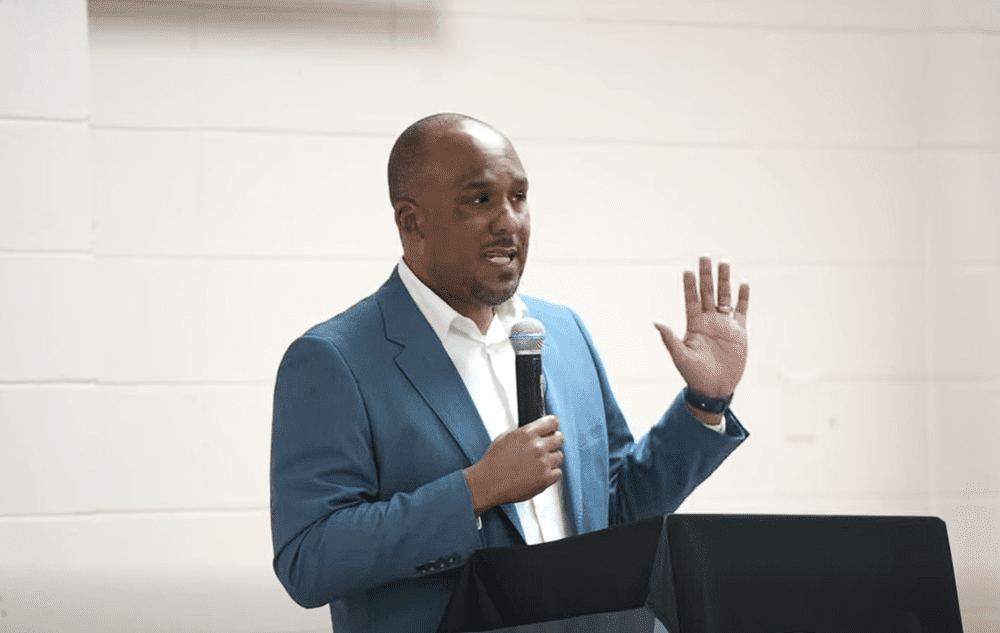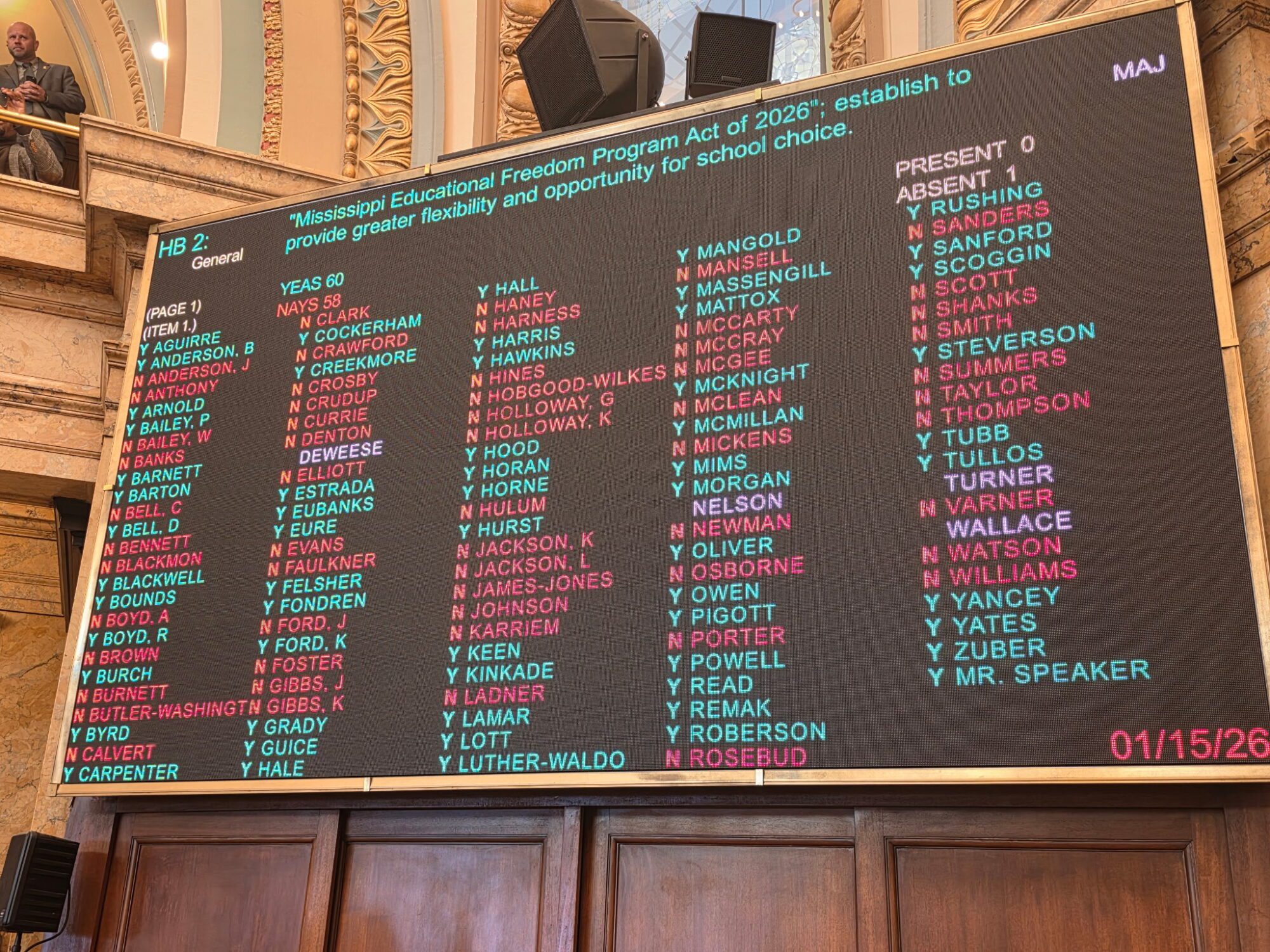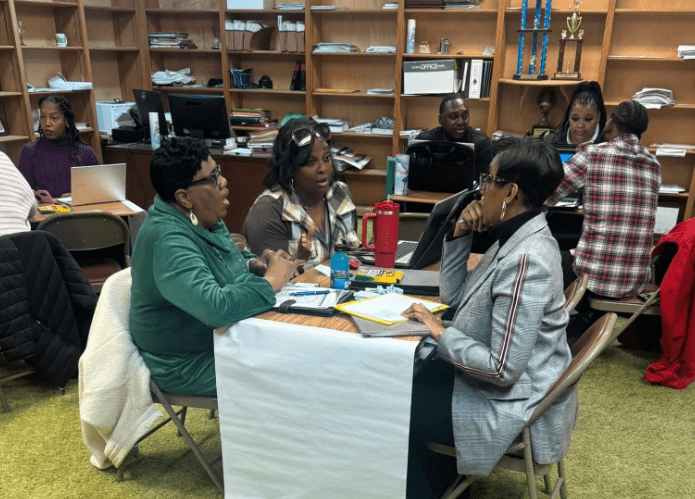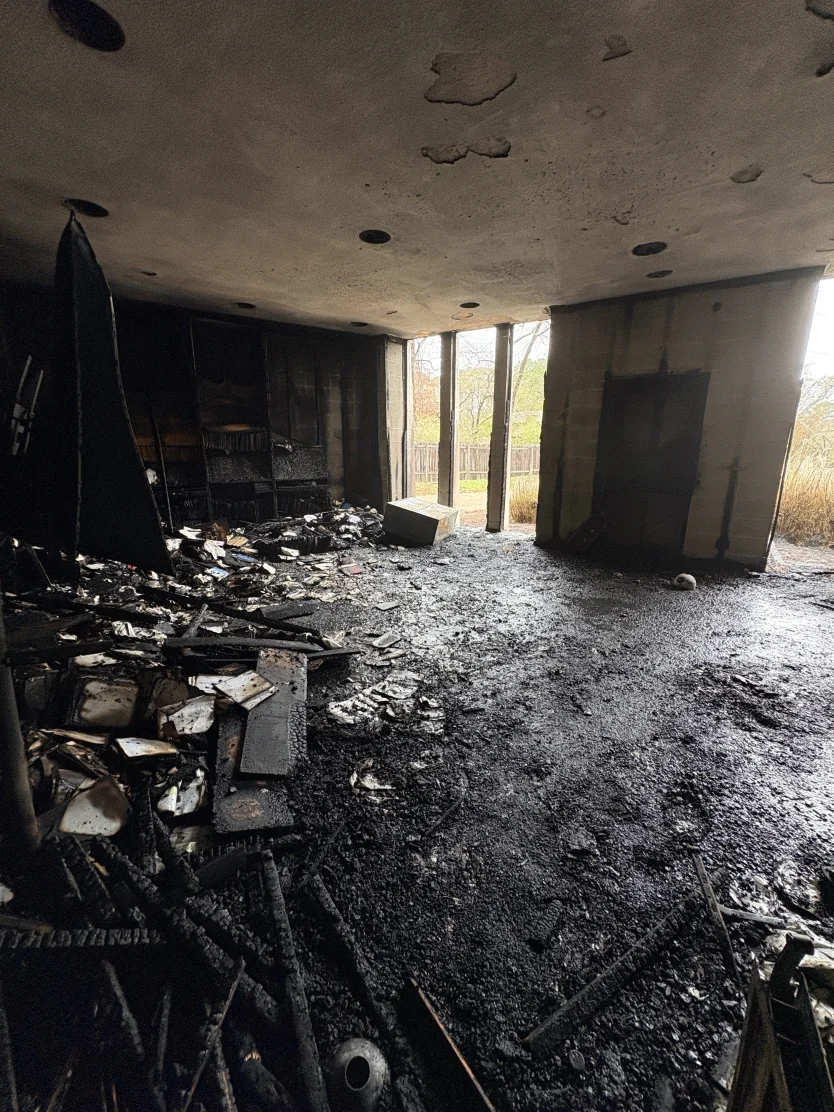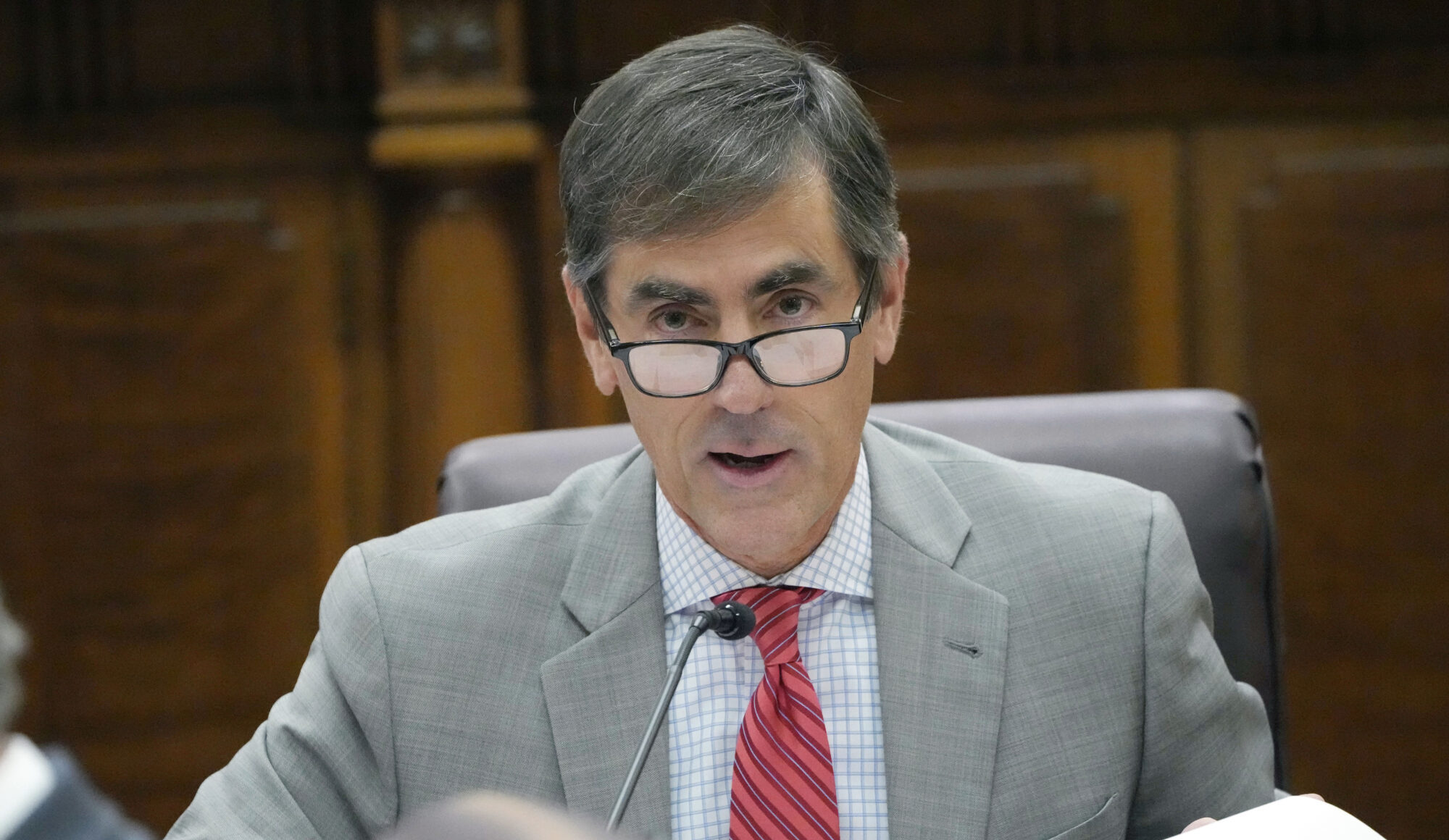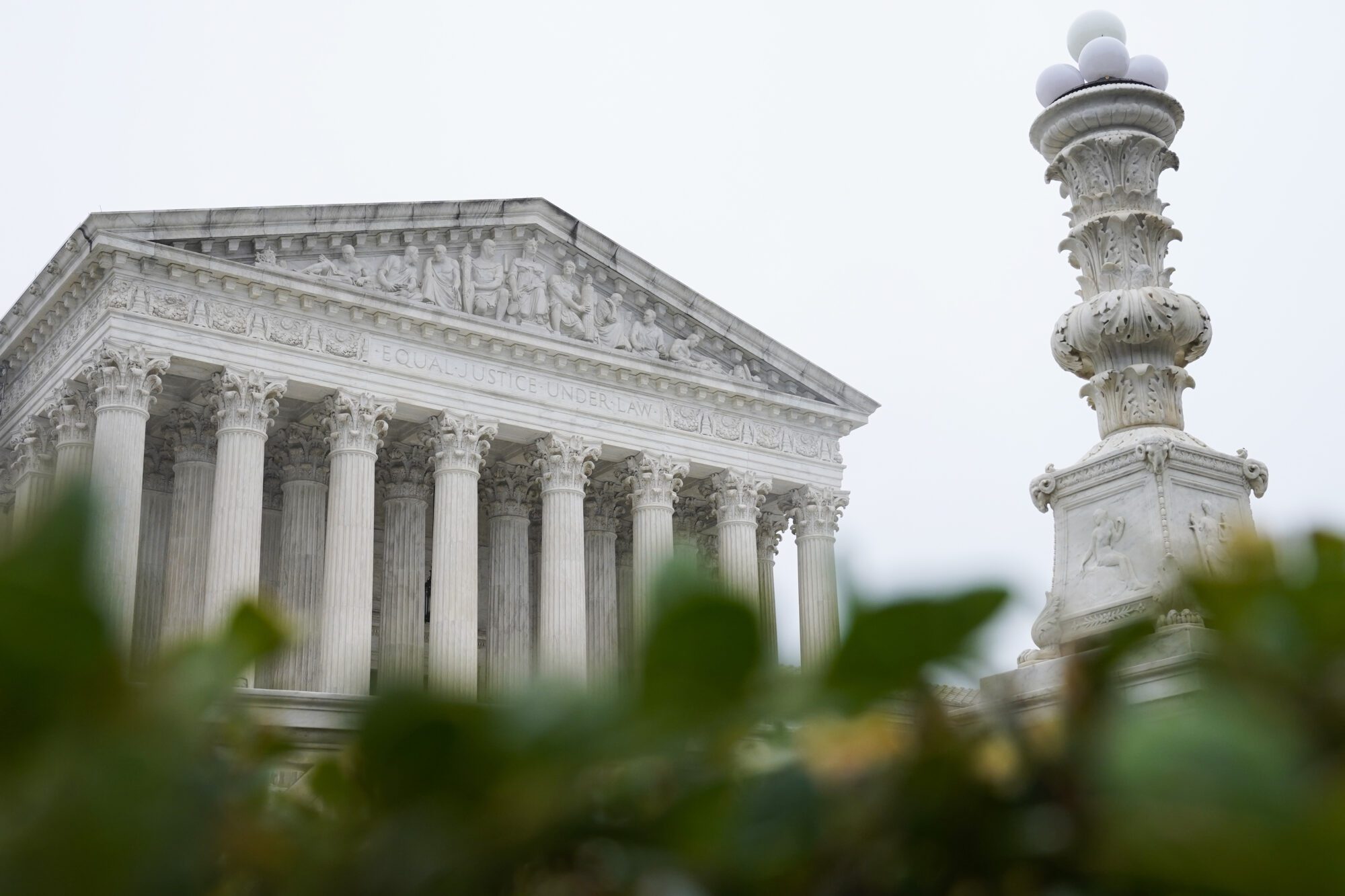
A general view of the U.S. Supreme Court, Friday, June 23, 2023, in Washington. (AP Photo/Mariam Zuhaib)
- The appeal to the U.S. Supreme Court stems from the NAACP’s challenge of legislative districts which resulted in special elections this year.
Mississippi’s Board of Election Commissioners has appealed a part of the recent ruling by a federal three-judge panel at the U.S. Fifth Circuit that approved a revised remedial legislative redistricting plan affecting areas in the state’s Pine Belt and North Mississippi regions. The remedial plan has resulted in special legislative elections being held this year.
A representative with Attorney General Fitch’s office told Magnolia Tribune in July that the appeal to the U.S. Supreme Court would not impact the special elections but would rather challenge a “very narrow, legal issue.”
READ MORE: Appeal to U.S. Supreme Court coming to address “very narrow, legal issue” in court-ordered legislative redistricting
That “legal issue” in question is whether private parties, such as the NAACP, ACLU or other organizations, may sue to enforce Section 2 of the Voting Rights Act.
It was the Mississippi NAACP that filed the lawsuit challenging the 2022 legislative redistricting plan claiming black voting strength had been diluted which led to the redistricting special elections being held this year.
The Mississippi Attorney General argues on behalf of the state Board of Election Commissioners that private parties often want to sue to enforce federal law but “only Congress” decides whether private parties may do that, “and it allows such suits only in ‘atypical cases.'” Similar legal arguments have been made in recent years.
“Private enforcement stresses the separation of powers, erodes federalism, and imperils other constitutional guarantees,” the Attorney General claims. “Recognizing these dangers, this Court has held that a private party may sue to enforce federal law only when Congress, in ‘clear and unambiguous terms,’ ‘create[s] new individual rights.’ Even then, other features—like a congressional decision to entrust enforcement to government officials—can foreclose private suit.”
The Attorney General continues by asserting that rather than deputize private parties to enforce
Section 2 of the Voting Rights Act, Congress ‘expressly authorized’ the U.S. Attorney General to do so.
“Although Congress had ambitious aims for the Voting Rights Act, its ambitions did not extend to buoying private litigation,” the Attorney General argues. “Congress had seen that private litigation had failed to vindicate voting rights. It steered a new course in the VRA—embracing powerful remedies, but not private enforcement.”
As such, the Attorney General states that the ruling by the lower court panel is wrong in that private parties, such as the NAACP, should not be allowed to sue to enforce Section 2 of the Voting Rights Act.
Should the U.S. Supreme Court agree with the Mississippi Attorney General’s argument, it could significantly change how these groups such as the NAACP operate when considering voting districts on the state and local levels. Enforcement and challenges to the Voting Rights Act could then be limited to the U.S. Department of Justice.
The Mississippi Attorney General has asked the high court to set the case for oral argument and to reject the district court’s judgment.
You can read the full appeal below.
